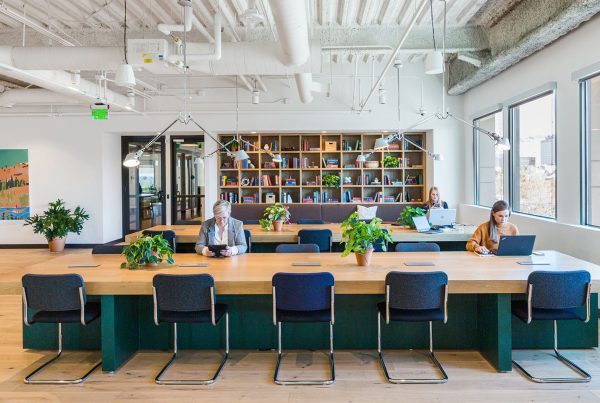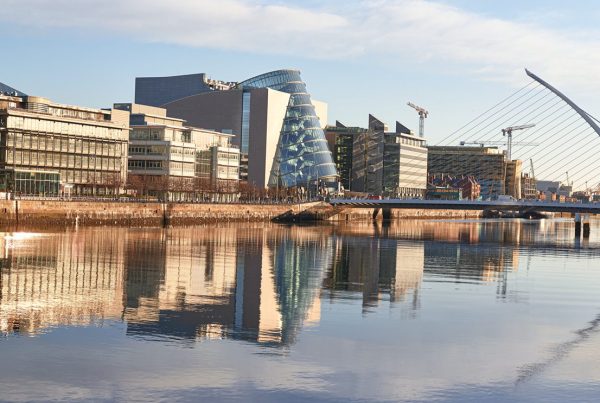Before the pandemic, we were already seeing a notable increase in demand for housing in Dublin’s commuter towns from its habitants. Those working in Dublin were happy to have a longer commute if it meant cheaper housing. This has been shown in CSO data stating that when comparing the years 2011 and 2016, there was a 56% increase in the number of households moving into new homes bought with mortgages in Kildare.
This commuter belt surrounding Dublin is becoming increasingly popular and in the years running from 2015 to 2019, it was found that 31% of all new dwellings built in Ireland were located in the counties of Wicklow, Meath and Kildare. This type of trend should only accelerate given the change in dynamic for workers towards a more remote-friendly attitude from most businesses.
It is difficult to gauge the future trend that will occur as a result of the pandemic, but with house prices rising consistently in recent years, workers are looking more and more seriously at commuter towns as a place both to rent in and as a place to purchase new homes. The effect of this potential spike in demand would likely see economic growth and development in these towns.
The birth of decentralised working practices is broadening horizons for young Irish workers. Those who had been saving money with the plan of buying a home in Dublin are now becoming excited by the prospect of buying sooner than expected by looking beyond the scope of the city now that they don’t have any specific requirement to be closer to the city centre.
That said, this decentralisation is likely to see demand for fixed office buildings adversely affected, leases ended early, and perhaps commercial spaces opening up as residences to accommodate demand. Businesses will need to adapt to the demands of their employees and strategise a plan to maximise efficiency while avoiding a dip in productivity which will be expected from the drop in the synergy that arises from employees working in close proximity. More versatile space will be needed to accommodate remote workers.
It can be expected that the commuter towns such as Wicklow, Meath and Kildare will thrive as a result of Dublin’s decentralisation, but what will happen to Dublin itself? Will the hustle and bustle of the city still exist when flocks of workers flee to more rural locations to suit their lifestyle preferences? Or will the effect me minimal due to the sheer density of the capital?
An era of uncertainty is upon us, but for some, it is a very exciting time!




